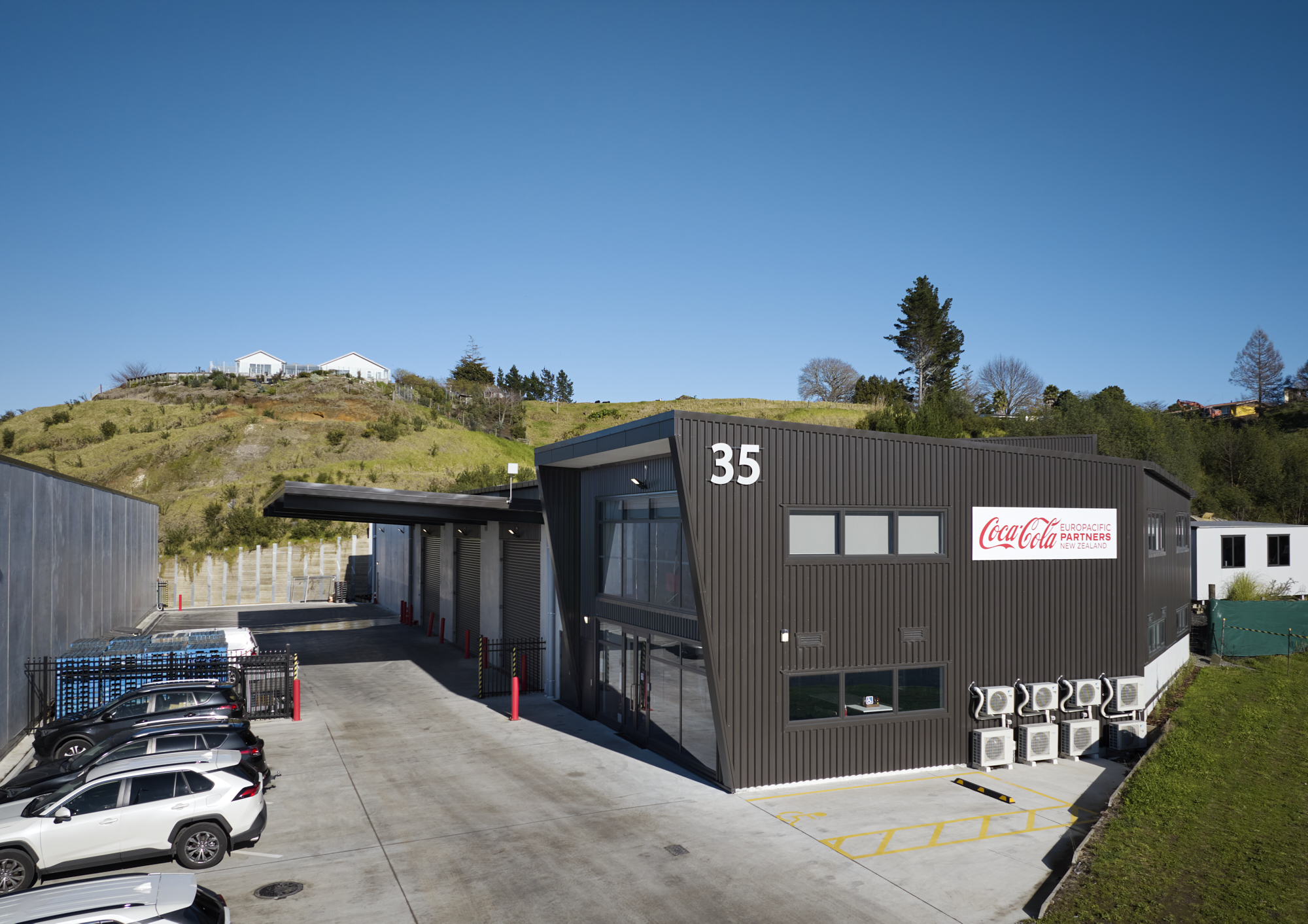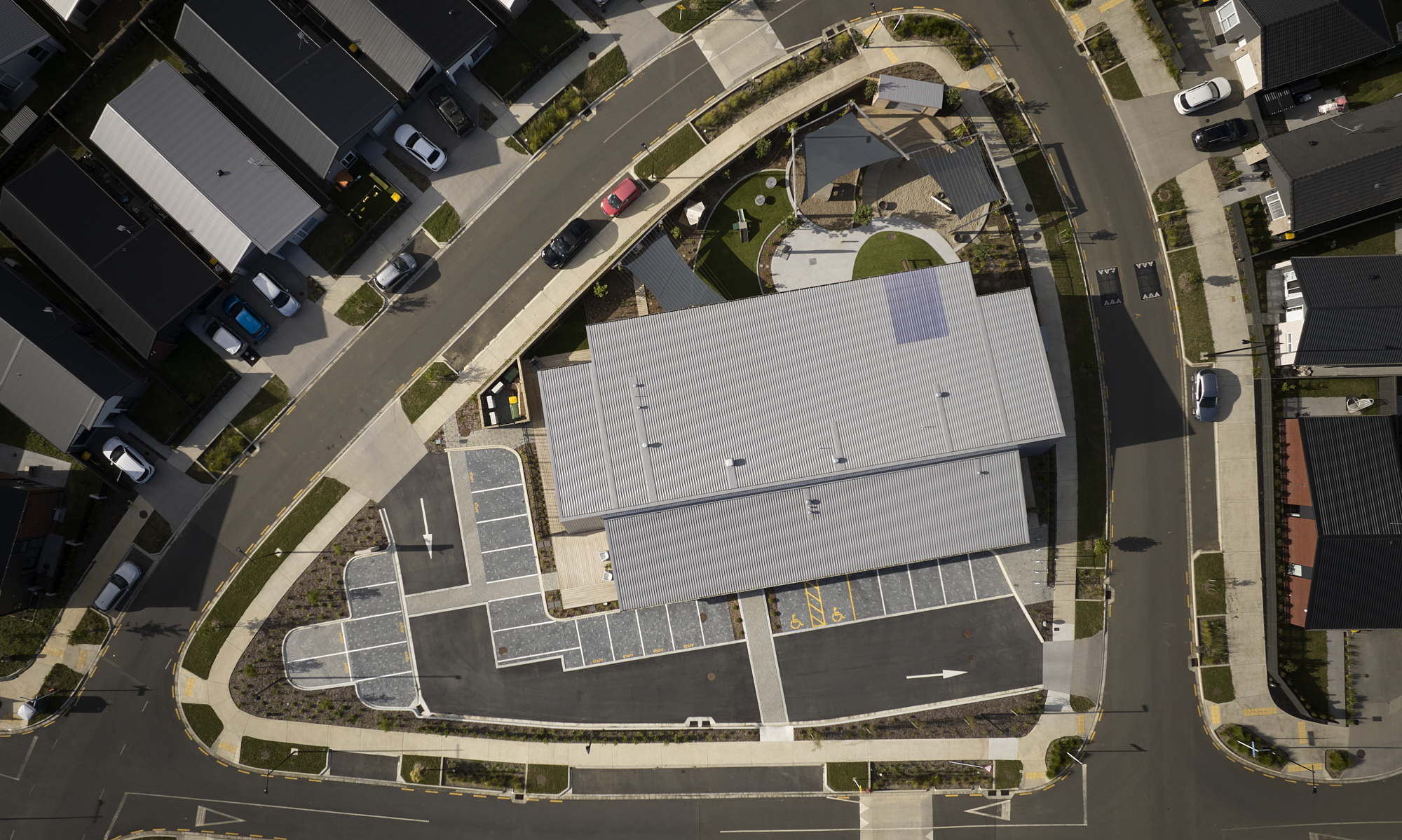Commercial vs. Residential Property Investment:
A Comparative Analysis
Buying a residential rental property has been the ‘go-to’ investment for ordinary Kiwis for decades. Many of us have used the equity in our family home to leverage into a residential property portfolio and build our wealth over time, creating the ideal nest egg for retirement.
According to the 2022 Kiwi Wealth State of the Investor Nation Report, residential property is still perceived as the most effective investment avenue for generating retirement wealth. Despite the impact of high inflation on confidence and wealth perceptions, there is a deep-rooted belief in the long-term rewards that property offers.
It’s interesting to observe that although such enduring confidence is held in residential investment, the same sentiment does not extend to commercial property investment. The survey results show that fifteen per cent of respondents had residential property investments, compared to only three per cent who had commercial properties. This could be attributed in part to the barriers to entry in the commercial property market. Accessing debt for commercial properties is often more challenging, and commercial property mortgages tend to carry higher costs compared to residential investment properties. However, experienced residential investors who have built up their portfolio and equity may find an opportunity to diversify into the commercial market. This becomes especially relevant as regulations for residential property investors have become more stringent over the years and recent changes to tax policies make residential investments less appealing.
In this article, we will compare these two property investment options and explore the key differences between investing in commercial and residential properties.

Rents and Leases.
Residential tenancy agreements often secure tenants for a duration of 12 months, providing a level of short-term stability. In contrast, commercial leases tend to be much longer, with Classic Collectives targeting lease terms of 10 years or more. This extended duration gives investors a reliable and steady source of income, offering greater assurance and long-term financial security. Commercial leases also often include rent increases that are written into the agreement at annual intervals throughout the lease term. With a long-term lease in place, not only is your income guaranteed, but the property’s value can also increase as the rent does.
Tenants.
Residential properties typically attract individual tenants or families seeking a place to live. Residential tenants are protected under the residential tenancy act and the newly introduced Residential Tenancies (Healthy Homes Standards) Regulations, which outline the rights and obligations of landlords and tenants. However, the ever-changing environment surrounding tenancy regulations has raised concerns among residential investors, who may face challenges in effectively safeguarding their assets and nest egg from potentially problematic tenants.
Commercial properties attract businesses and organisations as tenants. Businesses value stability and continuity, resulting in longer lease durations and potentially lower turnover rates. While commercial tenancy is subject to its own set of regulations, the regulatory environment for commercial tenants tends to be more business-oriented and offers a different framework than that of a residential tenancy.

Tenants.
Residential properties typically attract individual tenants or families seeking a place to live. Residential tenants are protected under the residential tenancy act and the newly introduced Residential Tenancies (Healthy Homes Standards) Regulations, which outline the rights and obligations of landlords and tenants. However, the ever-changing environment surrounding tenancy regulations has raised concerns among residential investors, who may face challenges in effectively safeguarding their assets and nest egg from potentially problematic tenants.
Commercial properties attract businesses and organisations as tenants. Businesses value stability and continuity, resulting in longer lease durations and potentially lower turnover rates. While commercial tenancy is subject to its own set of regulations, the regulatory environment for commercial tenants tends to be more business-oriented and offers a different framework than that of a residential tenancy.


Returns.
In March 2021, the Labour Government announced a range of measures to reign in house prices, including removing the ability for investors to claim interest as an expense on their investment properties (this doesn’t impact investors of new build developments). Paired with the current inflationary pressures and rising interest rates – landlords are under increasing pressure with many having to top up their mortgages to keep on top of their repayments.
In contrast, interest paid on a commercial property mortgage or loan is a legitimate business expense for tax purposes. These variations in tax policies and investment returns underscore the increasing relevance of considering commercial property investments as an alternative to residential properties.
Maintenance and Management.
There are lots of similarities when comparing the responsibilities of a residential landlord with that of a commercial. Residential landlords have obligations to provide safe and habitable living conditions for tenants, including maintenance and repairs, compliance with health and safety standards, and adherence to residential tenancy laws. On the other hand, commercial landlords are responsible for maintaining the commercial property’s overall condition, including shared areas and facilities, while complying with commercial building codes and regulations. In both scenarios, it’s common for landlords to use the services of a professional property manager to manage their investment for them.

Maintenance and Management.
There are lots of similarities when comparing the responsibilities of a residential landlord with that of a commercial. Residential landlords have obligations to provide safe and habitable living conditions for tenants, including maintenance and repairs, compliance with health and safety standards, and adherence to residential tenancy laws. On the other hand, commercial landlords are responsible for maintaining the commercial property’s overall condition, including shared areas and facilities, while complying with commercial building codes and regulations. In both scenarios, it’s common for landlords to use the services of a professional property manager to manage their investment for them.


Market Dynamics.
Commercial property and residential property operate within different market dynamics. The residential market is shaped by population growth, demographics, and housing demand. The dynamics of the residential property sector are driven by individuals and families seeking housing for personal use, focusing on factors such as affordability, lifestyle preferences, and local amenities.
Commercial properties on the other hand are deeply intertwined with economic conditions, market trends, and business demand. Their value is closely linked to variables such as employment rates, business growth, and industry trends. It’s important for investors to understand these dynamics. Whether one prefers the higher returns but the potential volatility of commercial property investment or the stability and long-term demand of residential properties, aligning investment strategies with market dynamics is key to achieving success in the chosen sector.
Risk.
Residential properties tend to be more stable and less volatile compared to commercial properties. The demand for housing is generally consistent, making residential properties less susceptible to economic fluctuations. On the other hand, commercial properties can be influenced by economic conditions, market trends, and tenant vacancies, which can introduce higher risk.
These risks can be mitigated by targeting prime assets in good locations, that attract premium tenants on long lease terms. This is where a great commercial property syndication company can help, acting as the discerning filter to separate the wheat from the chaff. By targeting prime assets, they effectively reduce risk for investors and optimise the potential for stable, long-term returns.

Risk.
Residential properties tend to be more stable and less volatile compared to commercial properties. The demand for housing is generally consistent, making residential properties less susceptible to economic fluctuations. On the other hand, commercial properties can be influenced by economic conditions, market trends, and tenant vacancies, which can introduce higher risk.
These risks can be mitigated by targeting prime assets in good locations, that attract premium tenants on long lease terms. This is where a great commercial property syndication company can help, acting as the discerning filter to separate the wheat from the chaff. By targeting prime assets, they effectively reduce risk for investors and optimise the potential for stable, long-term returns.


Barrier to entry.
The obvious challenge around entering the commercial investment space is the significantly higher cost of investment required to enter the market. Many Kiwis assume this will be out of their reach. And, when acting independently as most typically do when investing in residential property this is probably a fair assumption for most. Lenders generally require a higher deposit on loans for commercial properties, and these often come with higher interest rates over shorter loan terms. But for those who have built up their experience and equity and are looking to diversify their existing portfolio, this may not be such a barrier. In the realm of commercial property investment, syndications present individual investors with an opportunity to participate in private collectives, becoming joint owners of prime commercial and industrial properties. This collaborative approach allows investors to leverage the expertise and resources of a group while accessing premium assets in the commercial market.
In conclusion, when it comes to property investment, diversification plays a crucial role in building a well-rounded portfolio. Both commercial and residential properties have their merits and can serve different purposes within an investor’s portfolio over a lifetime. Residential properties have traditionally been a popular choice, offering stability and long-term wealth accumulation. On the other hand, commercial properties provide the opportunity for higher returns and the potential to tap into the income potential of businesses and organisations as tenants.
By diversifying their portfolio with a mix of both property types, investors can balance the potential for a steady income and capital appreciation. This approach allows for a more comprehensive and resilient investment strategy, harnessing the benefits of both sectors and potentially mitigating risks associated with a single asset class.
Ultimately, the choice between commercial and residential property investments should align with an investor’s overall investment strategy and objectives. Investors should consider their financial goals, risk tolerance, and market dynamics when deciding between commercial and residential investments and consult with a financial professional or advisor before making any decisions.

